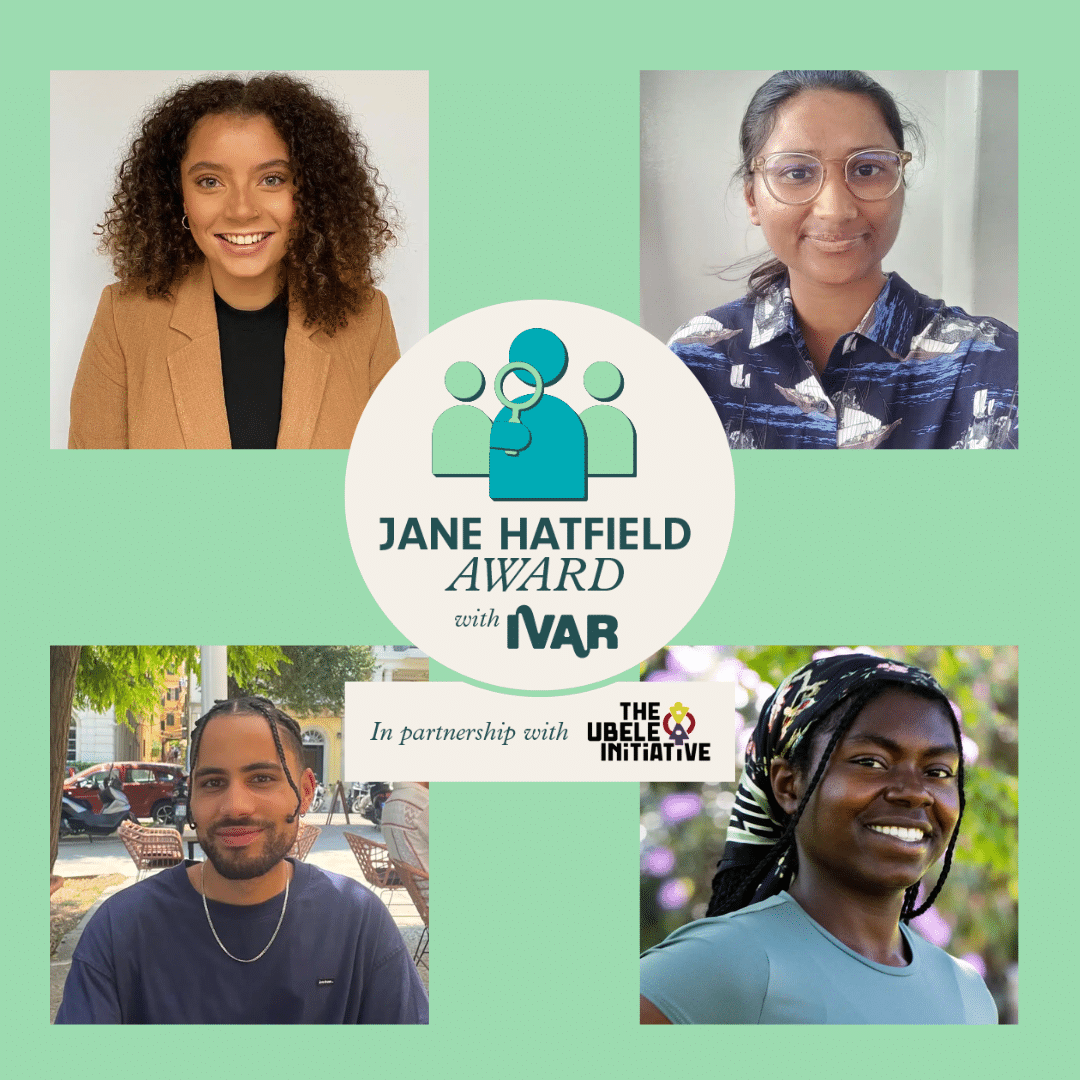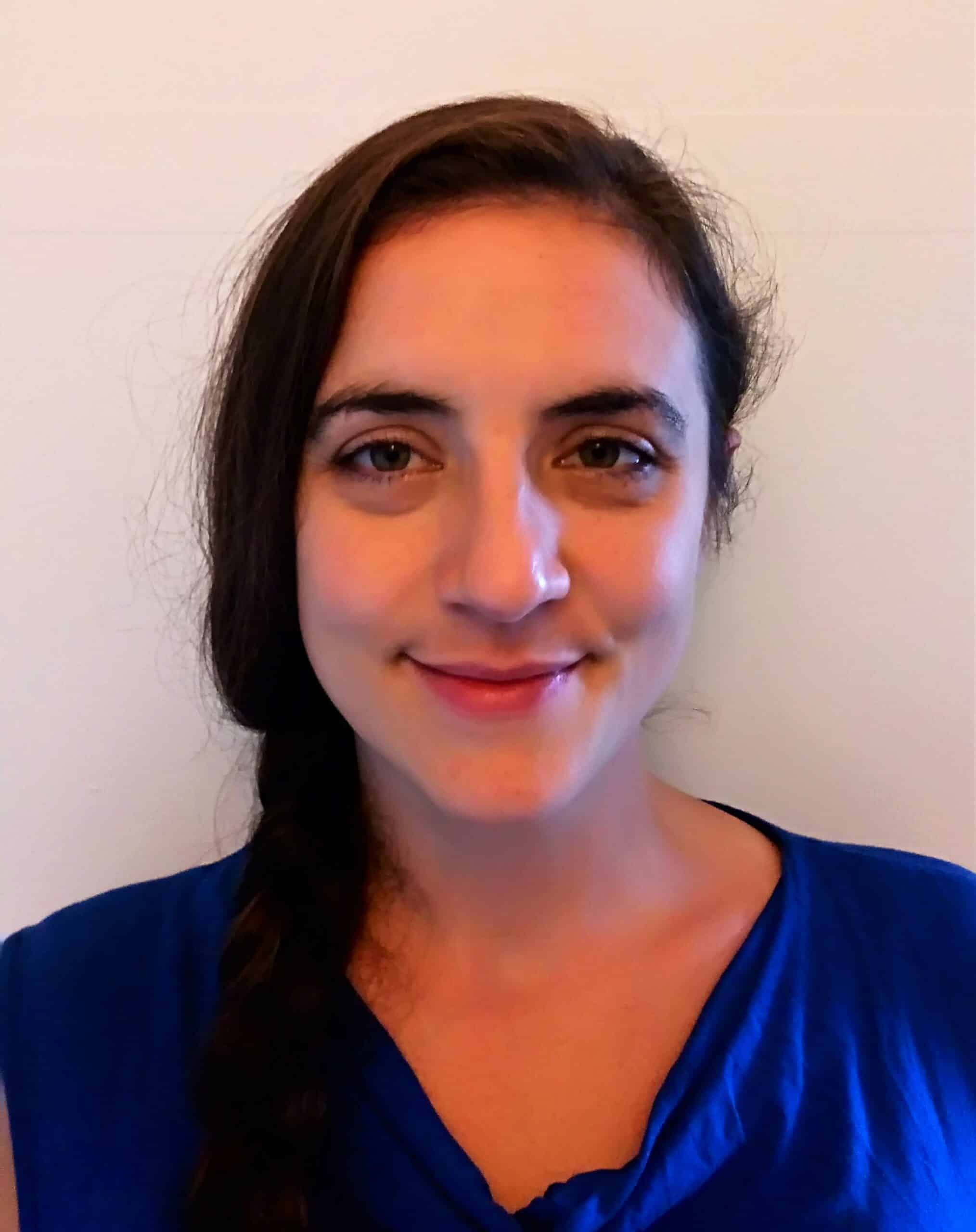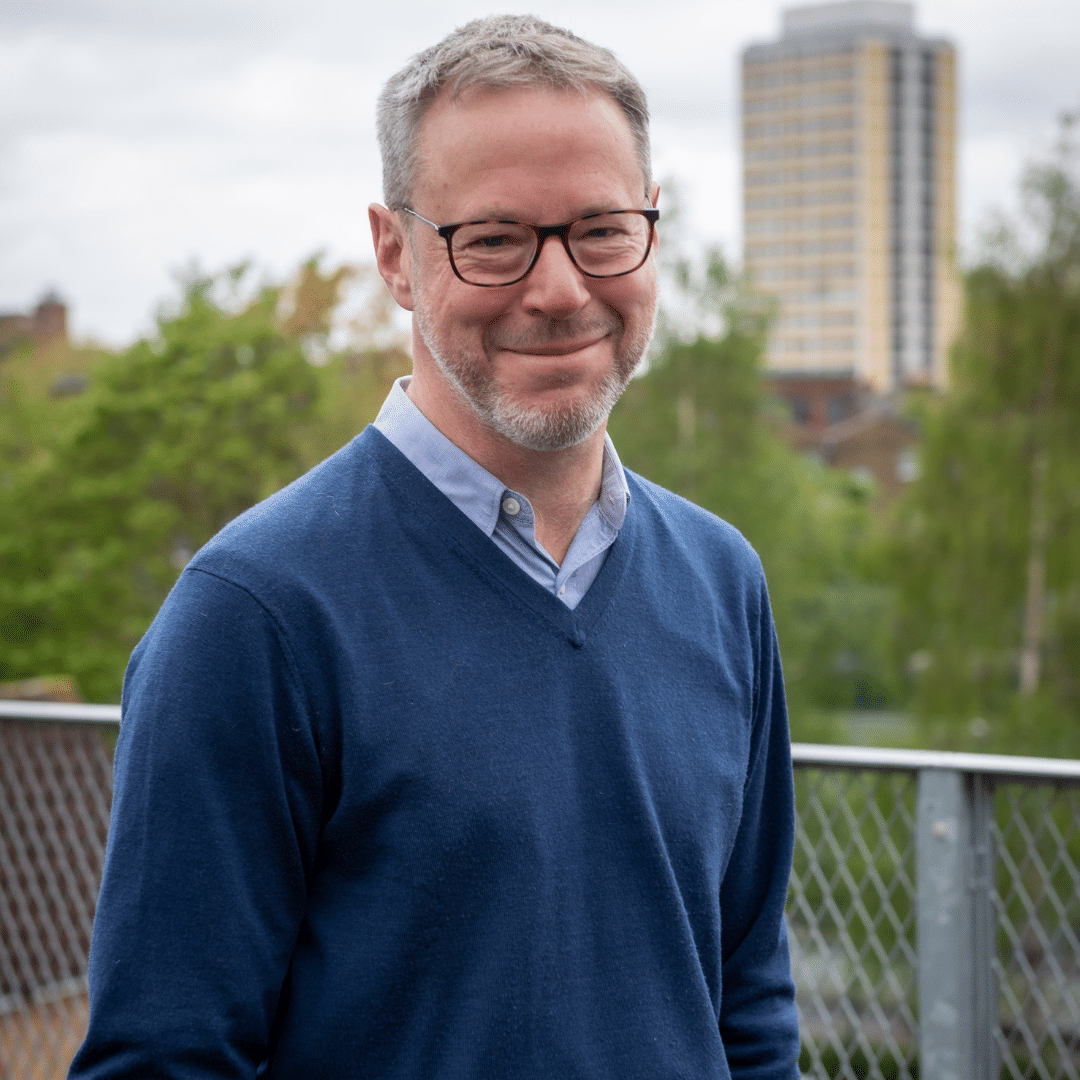IVAR is delighted to announce the recipients of the 2025 Jane Hatfield Award, supporting two teams of early-career researchers investigating critical issues related to community, social action and/or social justice, affecting Black and racially minoritised communities across the UK.
The Jane Hatfield Award is an annual grant of £6,050 for two teams of young researchers, delivered in partnership with the Ubele Initiative. The hope is that their research will contribute to strengthening the UK voluntary sector.
Meet the 2025 Award recipients
The Topics
International Responses to Intergenerational Trauma
Moet Semakula-Buuza and Aliyah Green will explore how the UK-based Afro-Caribbean voluntary and community sector can collaborate more effectively with organisations in Africa and the Caribbean to address intergenerational trauma. They will look at how this has been shaped by histories of colonisation, racism, and cultural loss – and how it continues to manifest in mental, emotional, and physical health challenges.
While many UK diaspora-led organisations and native land NGOs are tackling this issue independently, there is limited collaboration between them. This research will examine the practical, cultural and structural barriers to working together, and highlight the value of cross-border learning. It will also explore the role of the voluntary sector in trauma recovery – from culturally sensitive therapy to grassroots education – and how greater international solidarity could strengthen its impact.
Using Data to Tackle Racial Inequality in Scotland
Sholen Macpherson and Lucien Staddon Foster are exploring how Scotland’s voluntary sector can better understand and respond to the needs of Black and racially minoritised communities, using newly available data from the 2022 Census.
Sholen and Lucien’s research will support voluntary sector organisations in Scotland to better understand and respond to the needs of Black and racially minoritised communities. Despite the richness of data from Scotland’s 2022 Census, many organisations lack the time, resources or capacity to fully apply it in their work. This research will help address that gap by producing tailored briefings that highlight racial inequalities in areas such as housing, education, and employment. It will also explore how organisations currently use evidence, and the barriers they face in embedding data into service design and advocacy.
The Researchers
Moet Semakula-Buuza
Moet Semakula-Buuza is a facilitator and community organiser with experience in migration, race equity, and climate-related work. They currently work with Black Lives Matter UK on Project Timbuktu, an education programme exploring Black history and leadership. Moet also volunteers with Care4Calais, providing administrative and wellbeing support to individuals navigating the UK immigration system. They are involved in the Planet over Profit campaign with Friends of the Earth, where they produce creative materials exploring the global impacts of environmental extraction. In addition, Moet contributes to leadership development initiatives with Black grassroots leaders through the Nia Upeoni Black Systems Change and Leadership course.
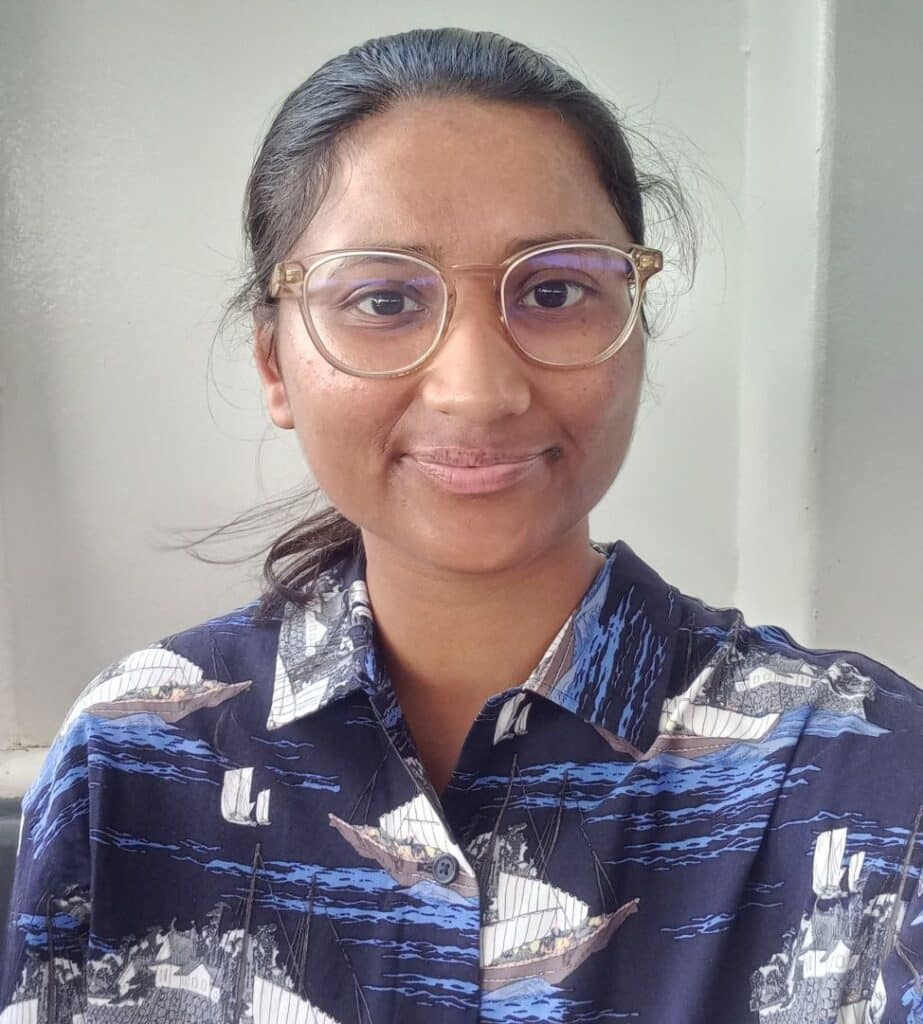
Aliyah Green
Aliyah Green is a facilitator and organiser working across racial and environmental justice spaces. She supports youth engagement through campaign training and political education programmes that promote systemic awareness and leadership development. She is the co-founder of It’s Just Economics, a learning initiative introducing young people to alternative economic thinking. Aliyah is involved in Friends of the Earth’s Planet over Profit campaign and Black Lives Matter’s Project Timbuktu. She works at the Environmental Funders Network and serves as a trustee at Debt Justice and The Equality Trust.
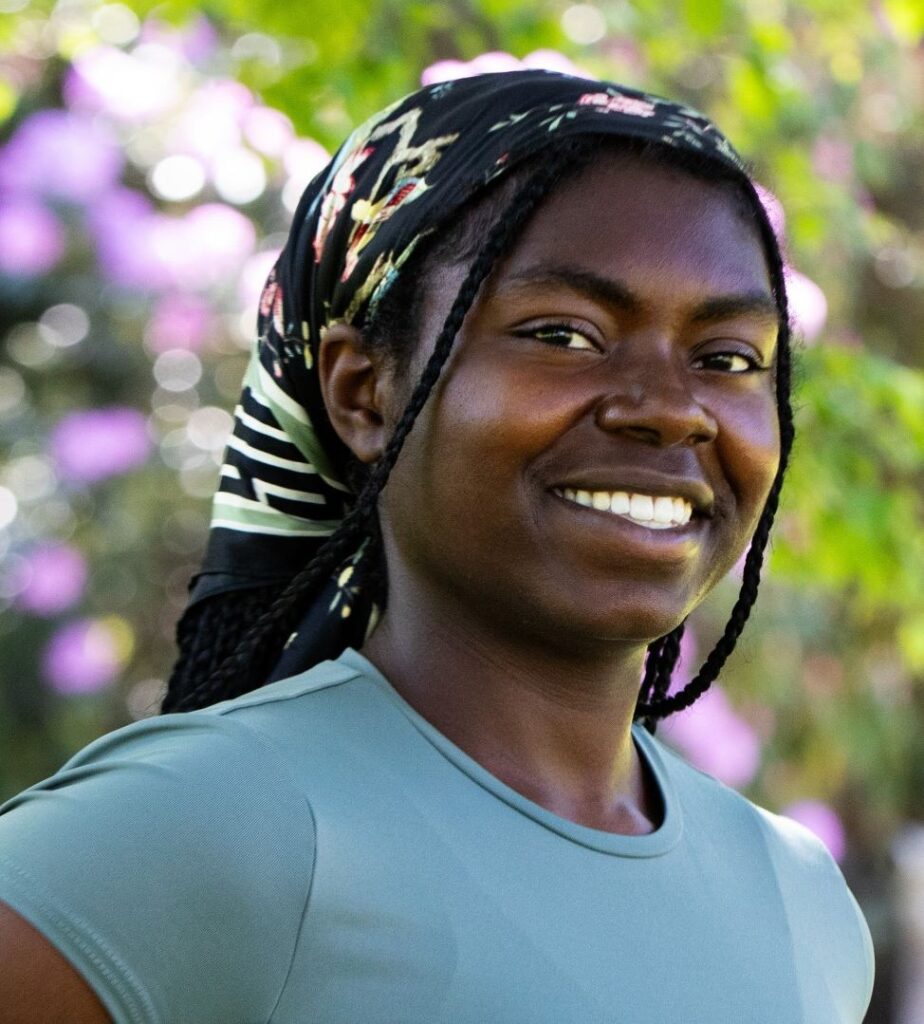
Sholen Macpherson
Sholen Macpherson is a researcher with a background in sociology and social policy. Based in Glasgow, she works for a Scottish anti-racism charity, where she uses quantitative and qualitative research methods to inform policy and practice. Sholen holds a postgraduate degree in Social Policy (Research Methods) from the University of Strathclyde and previously studied Sociology at the University of Glasgow.
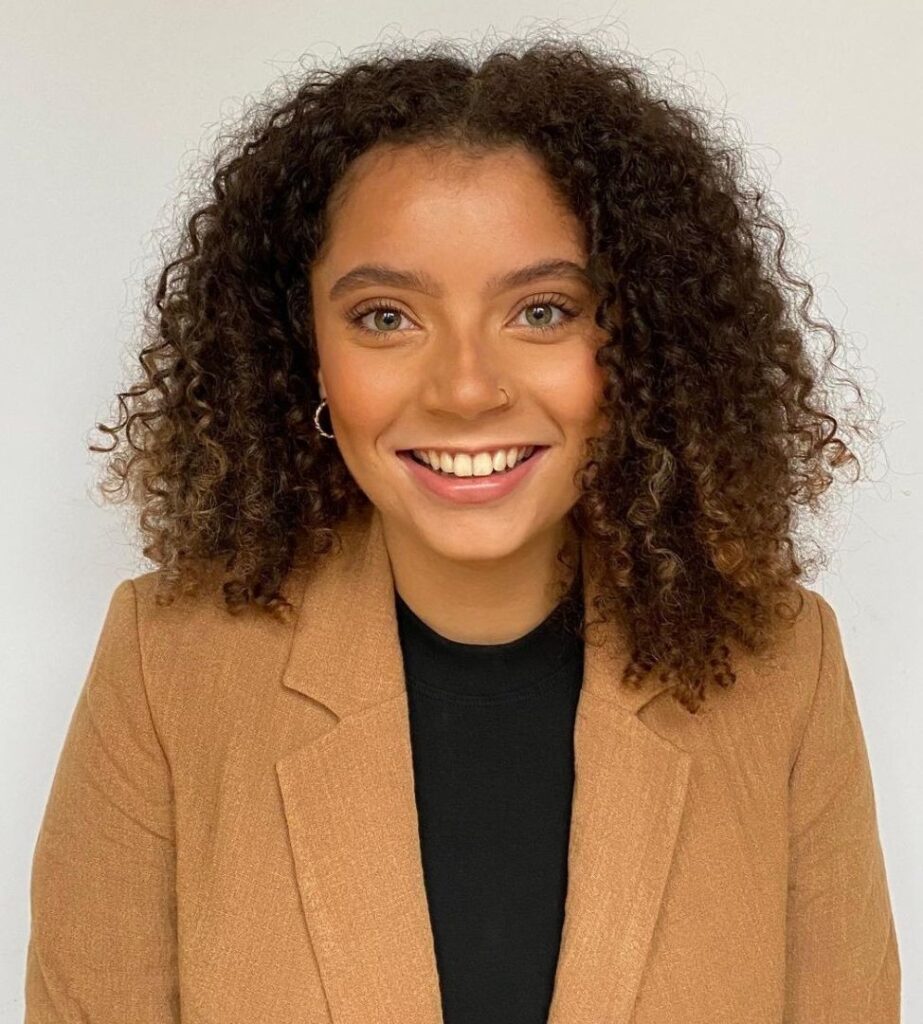
Lucien Staddon Foster
Lucien Staddon Foster is a race equality researcher with experience in data analysis, mapping structural inequalities, and supporting anti-racist policy development. He studied Geography at the University of Edinburgh and has previously worked with RACE.ED, a network focused on academic research around race and racism. Lucien is currently based in Glasgow, working in the voluntary sector to support evidence-informed approaches to equality.
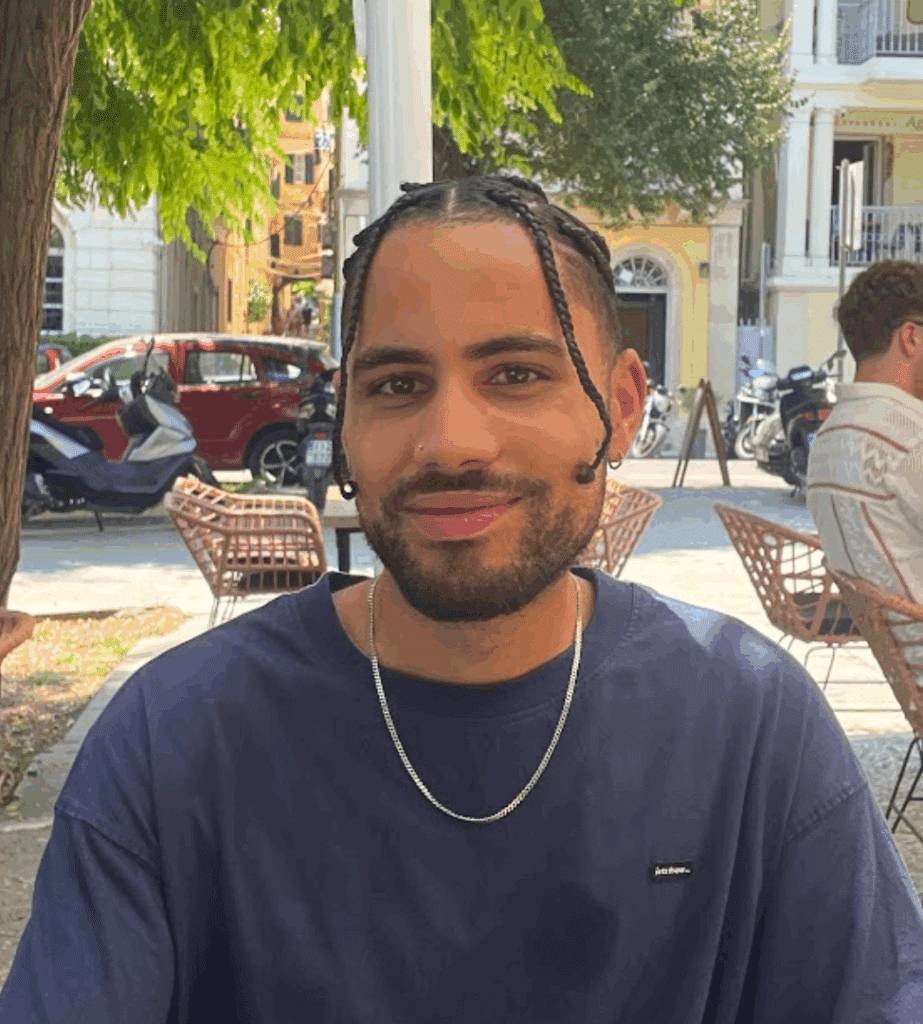
Continuing Jane Hatfield’s Legacy
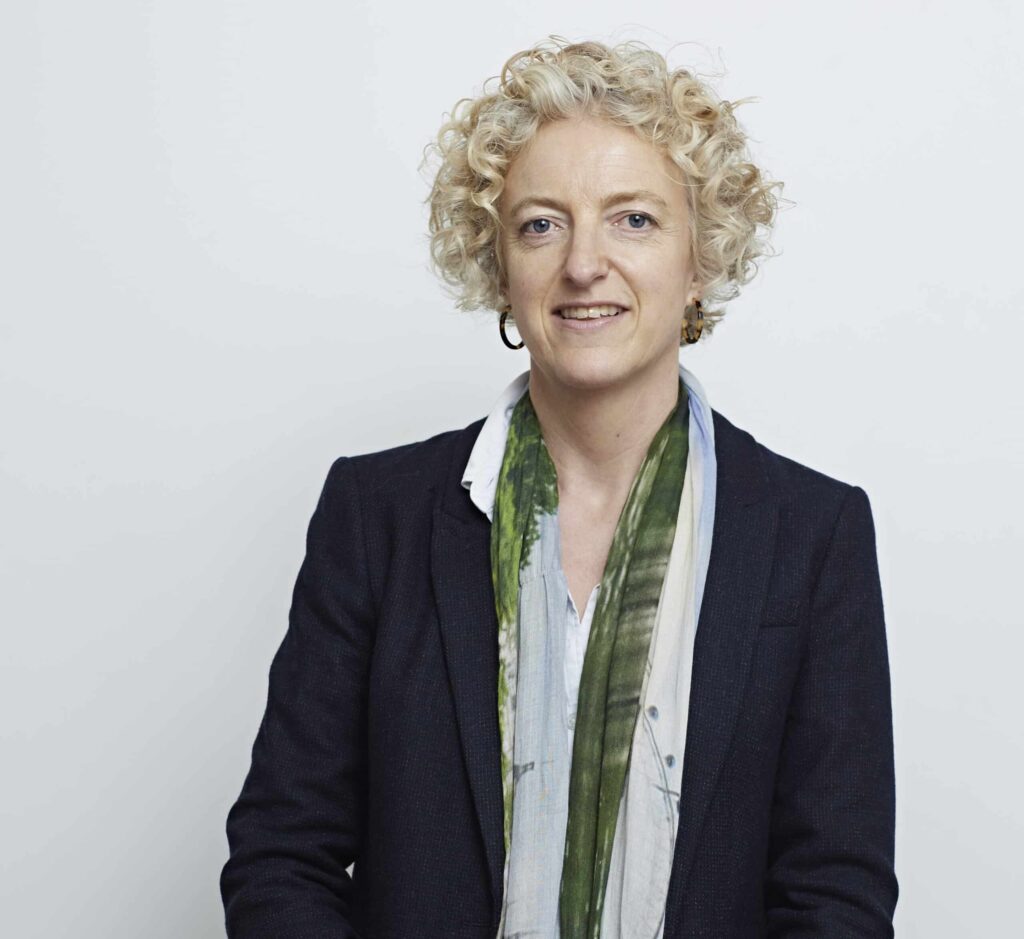
The Award is named in memory and celebration of Jane Hatfield — Trustee of IVAR from 2006 and Chair from 2015 until 2021. Jane was widely respected for her intellect, passion, and unwavering commitment to strengthening IVAR’s work and that of the broader voluntary sector. She championed inclusive leadership and actively shaped IVAR’s support for early-career researchers and community-focused learning.
For the last four years, the Jane Hatfield Award has supported early-career researchers from Black and minoritised backgrounds explore issues in social action and social justice. The Award links to The Ubele Initiative and IVAR’s broader shared aim to support research that can (directly or indirectly) help in strengthening the UK voluntary sector.
Ben Cairns, IVAR Director says:
“Jane was an inspiration to everyone at IVAR and across the voluntary sector. She consistently pushed us to think more deeply about how we could support emerging researchers and activists. Aliyah, Lucien, Moet and Sholen are tackling fundamental questions about racial inequality and the role of the voluntary sector in supporting more just and inclusive communities. This is just the sort of rigorous, community-focused research that Jane championed – and a legacy we seek to continue.”
Yvonne Fields, Ubele CEO, says:
“Ubele is deeply honoured to continue this vital collaboration with IVAR, and to play a role in nurturing the next generation of researchers, young individuals who are courageously exploring the issues that shape their lives and communities. The insights and knowledge cultivated over the coming year will serve as a robust foundation for future, more ambitious research endeavours. Moreover, this journey will foster a wide array of transferable skills, from collaborative peer engagement to research design, analytical thinking, and a deepened understanding of their chosen subjects.”

